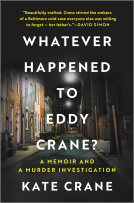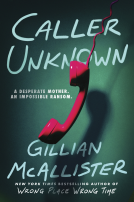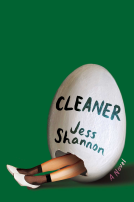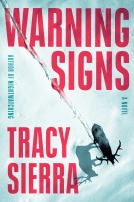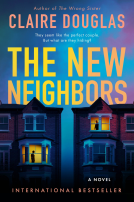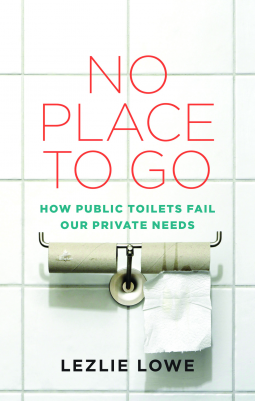
No Place To Go
How Public Toilets Fail Our Private Needs
by Lezlie Lowe
This title was previously available on NetGalley and is now archived.
Send NetGalley books directly to your Kindle or Kindle app
1
To read on a Kindle or Kindle app, please add kindle@netgalley.com as an approved email address to receive files in your Amazon account. Click here for step-by-step instructions.
2
Also find your Kindle email address within your Amazon account, and enter it here.
Pub Date Sep 11 2018 | Archive Date Oct 05 2018
Talking about this book? Use #NoPlaceToGo #NetGalley. More hashtag tips!
Description
No Place To Go is a toilet tour from London to San Francisco to Toronto and beyond. From pay potties to deserted alleyways, No Place To Go is a marriage of urbanism, social narrative, and pop culture that shows the ways — momentous and mockable — public bathrooms just don't work. Like, for the homeless, who, faced with no place to go sometimes literally take to the streets. (Ever heard of a municipal poop map?) For people with invisible disabilities, such as Crohn’s disease, who stay home rather than risk soiling themselves on public transit routes. For girls who quit sports teams because they don’t want to run to the edge of the pitch to pee. Celebrities like Lady Gaga and Bruce Springsteen have protested bathroom bills that will stomp on the rights of transpeople. And where was Hillary Clinton after she arrived back to the stage late after the first commercial break of the live-televised Democratic leadership debate in December 2015? Stuck in a queue for the women’s bathroom.
Peel back the layers on public bathrooms and it’s clear many more people want for good access than have it. Public bathroom access is about cities, society, design, movement, and equity. The real question is: Why are public toilets so crappy?
Available Editions
| EDITION | Other Format |
| ISBN | 9781552453704 |
| PRICE | $16.95 (USD) |
| PAGES | 220 |
Average rating from 3 members
Featured Reviews
 Biljana S, Educator
Biljana S, Educator
Lezlie Lowe's No Place to Go is a well-researched and nicely written book about something that many of us fail to think about, until we are in need: the public bathroom.
I hadn't realized that I needed to read such a book, but it turns out that public bathrooms are something that have been shifted from the public to the private and this book does a great job of covering the history of this unfortunate transition. The issue is that "public" bathrooms in private buildings (office buildings, restaurants, coffee shops) are only open to those of us who are typical consumers of those areas. This leaves many people without, including those who are without a home, this who have chronic issues but don't want to buy a coffee, etc. And that discussion doesn't even bring into consideration all of the people in the world who don't use indoor bathrooms!
Thanks to the author, NetGalley, and Coach House books for the opportunity to read this one in exchange for a review.
I loved this book. As someone with IBD I spend a lot of time in public bathrooms and looking for them. I can tell you about every public bathroom on 95 from Baltimore to upstate NY. This book really explores a lot of politics and policies around public bathrooms in an easy to read way. It is very sympathetic to people like me and other marginalized people who just need access to bathrooms in order to live a full life. It explores why exactly public bathrooms are so horrible and why they are so inaccessible to so many that depend on them.

